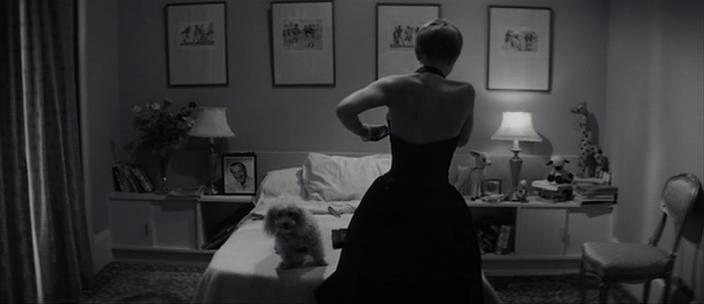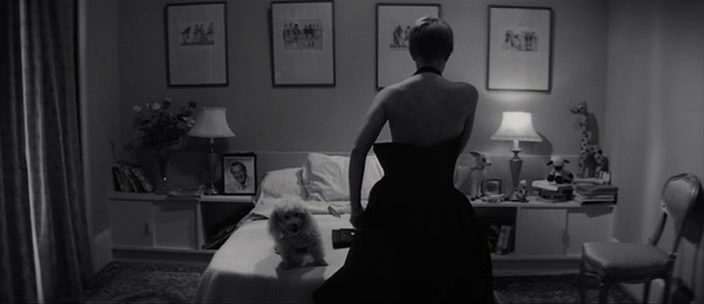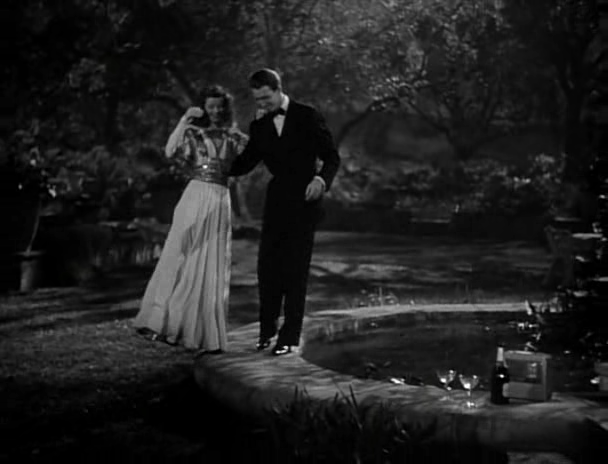
I'm happy this was the first flick I saw in the Green Country Cinemas. And I'm happy the crowd was talkative. I'm happy I could point out who was an Autobot and who was a Decepticon in some of the "fight scenes" to the kid on my right. Maybe I'm just worn out, or maybe I just have way less invested in getting riled up at windmills, but I couldn't muster the kind of anger this idiotic mess warrants on an ideological level for the simple fact that Michael Bay makes images that swoon and pop, burn and thud, go bang and lazy, and all at once, as it's true spectacle: always in motion, always useless beyond aesthetics and the pleasure of light and color. But there is a soundtrack, and dialogue, and, as many have griped, some really fucking terrible attempts at comedy -- plus, of course, all the obnoxious hate one can expect from a lame-brain adolescent -- not to mention it's 150 minutes without previews. And, while we're at it, we might as well mention how terrible Ms Fox is (and how crazy Bay's idea of sexuality is; ditto "love") despite, somehow, in the midst of the wooden line readings and anime posturing, she's still pretty sexy in a middle school fantasy way. The most dispiriting thing about the enterprise is just how much fucking money this will make, and how much fun that is for those involved, since I don't get paid to do what I love, and since I think this thing is genuinely cancerous for culture. Still, I had a fine time. Orange is a good color. --RWK






